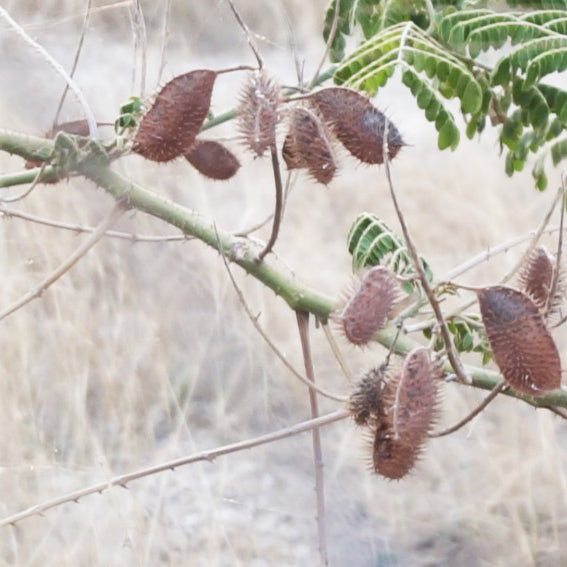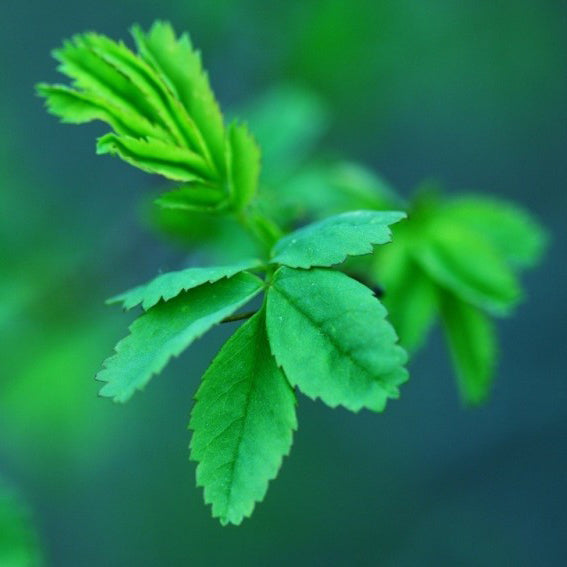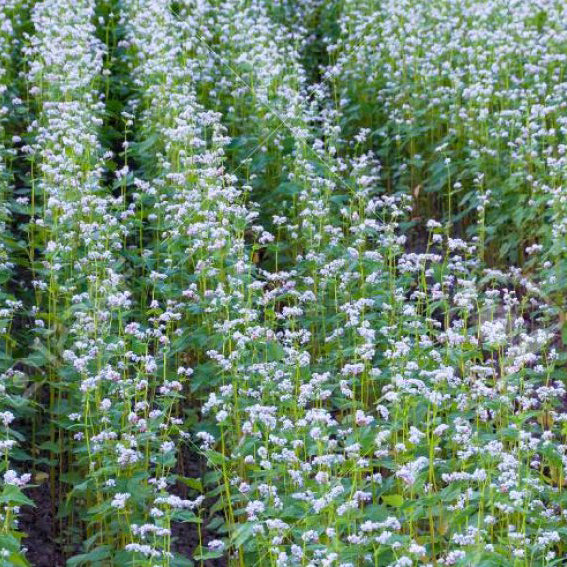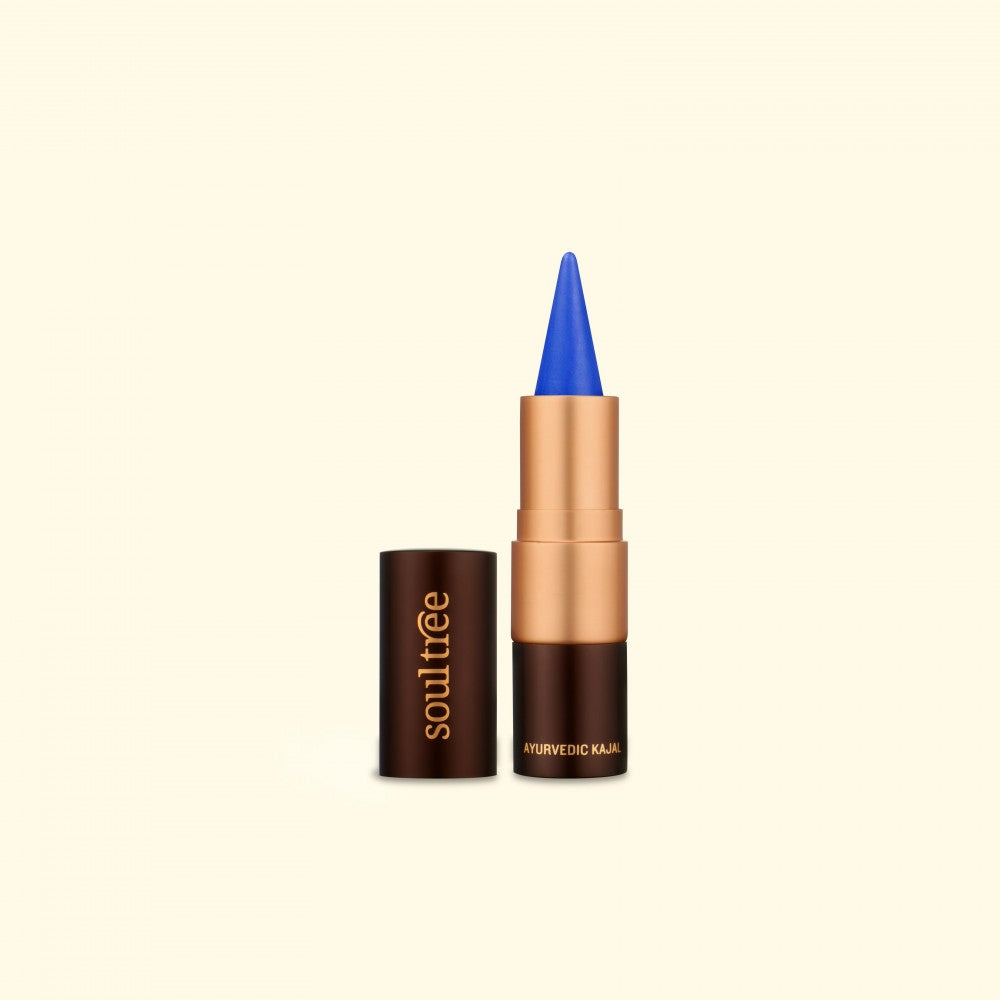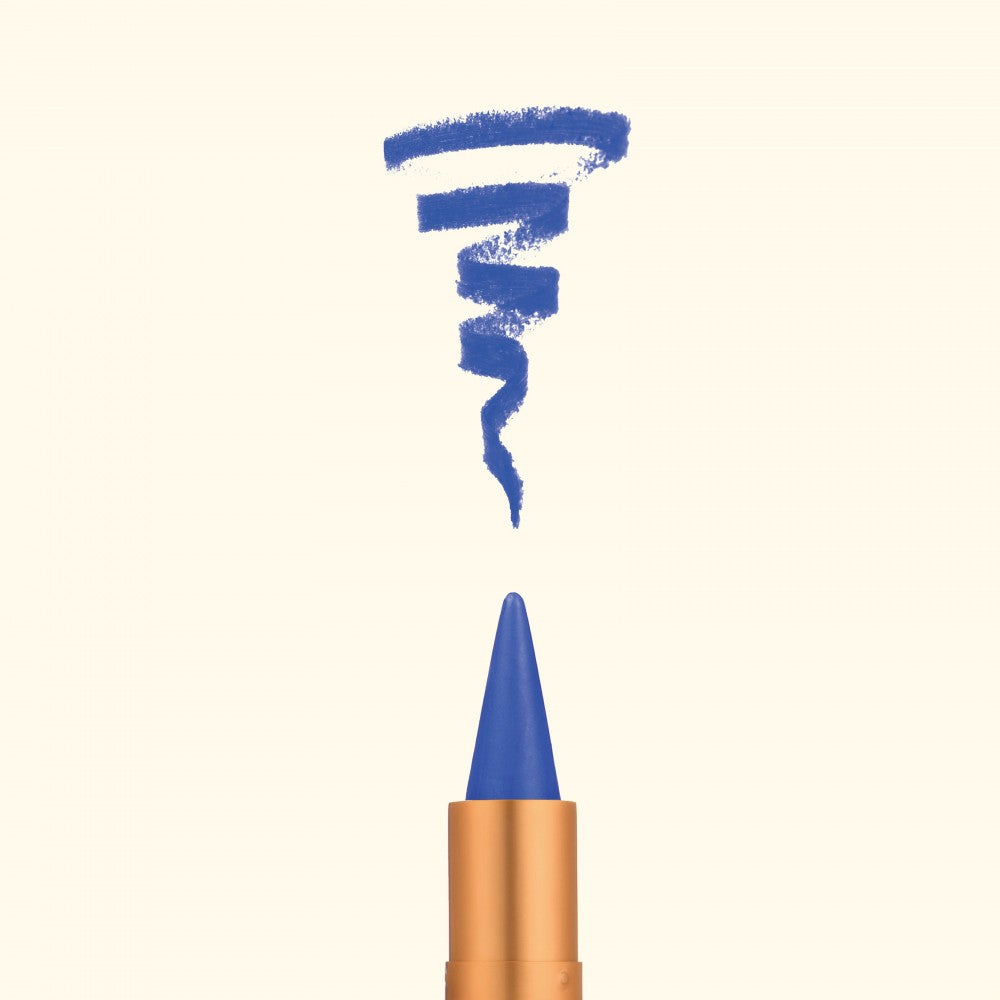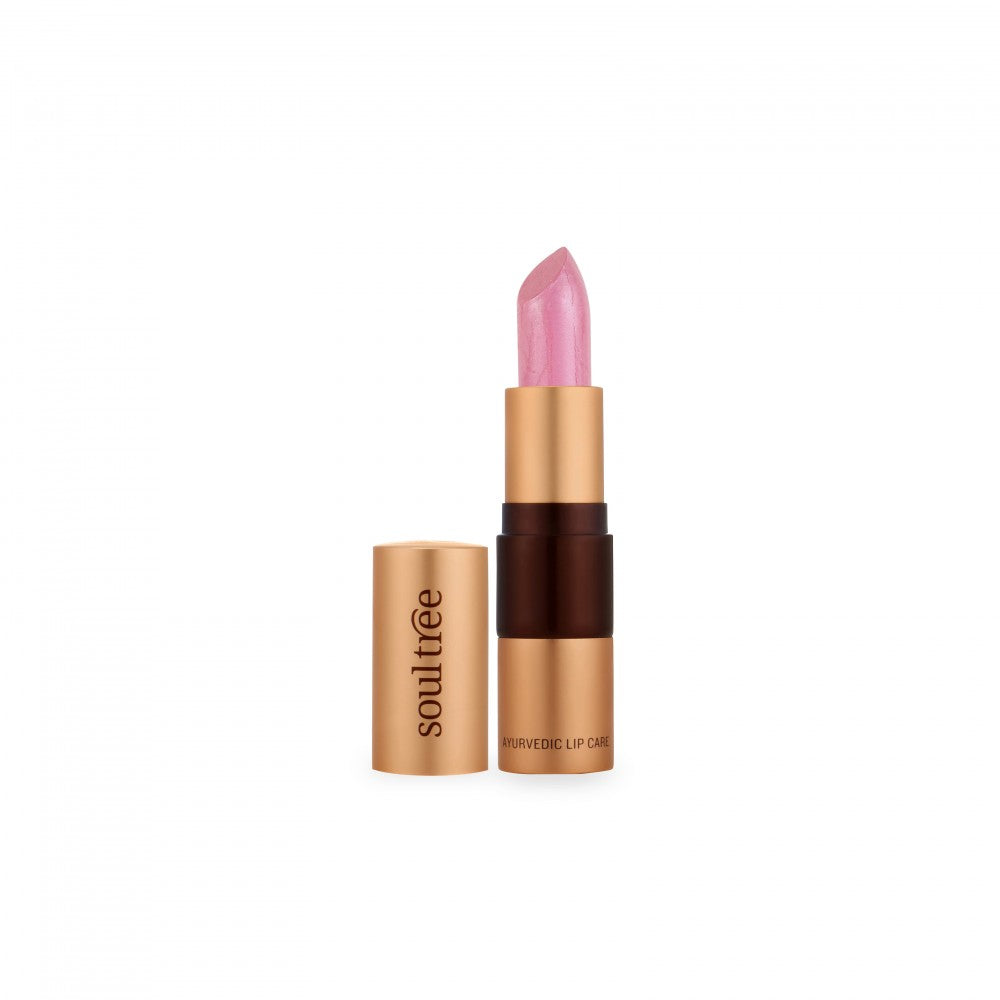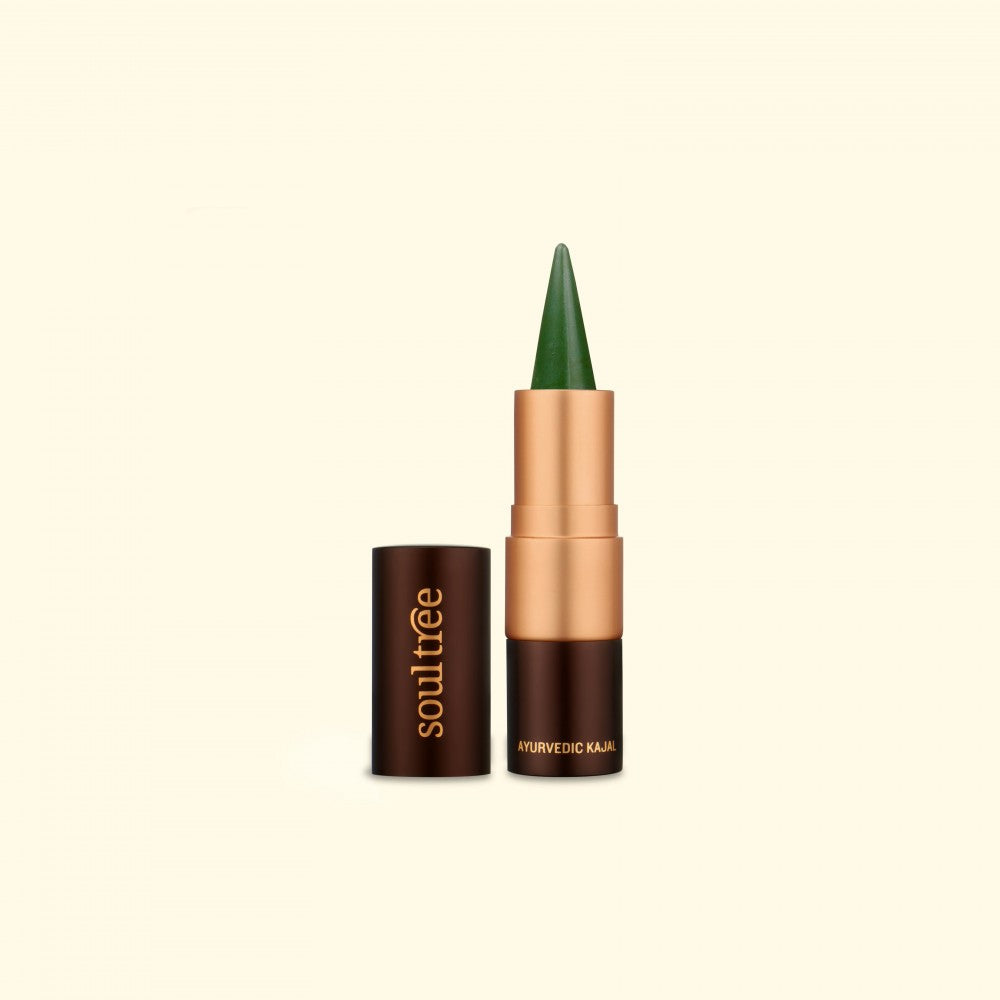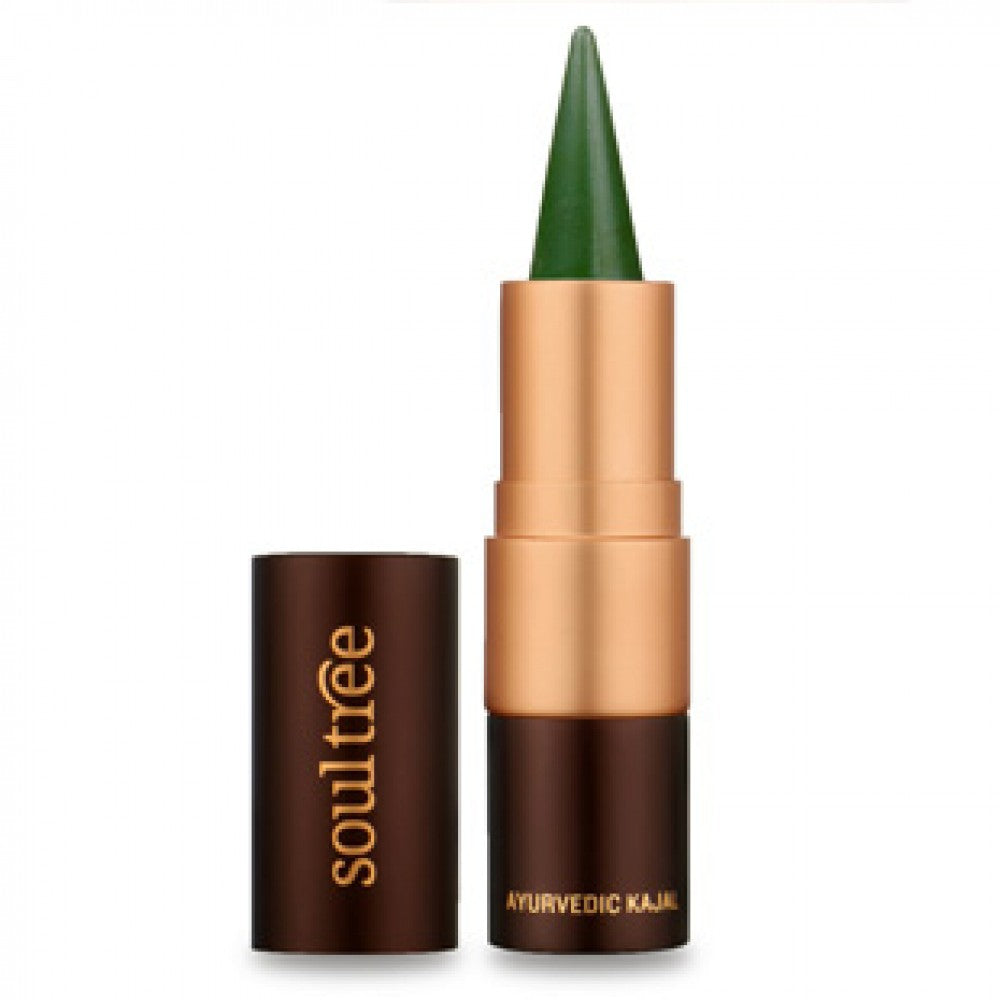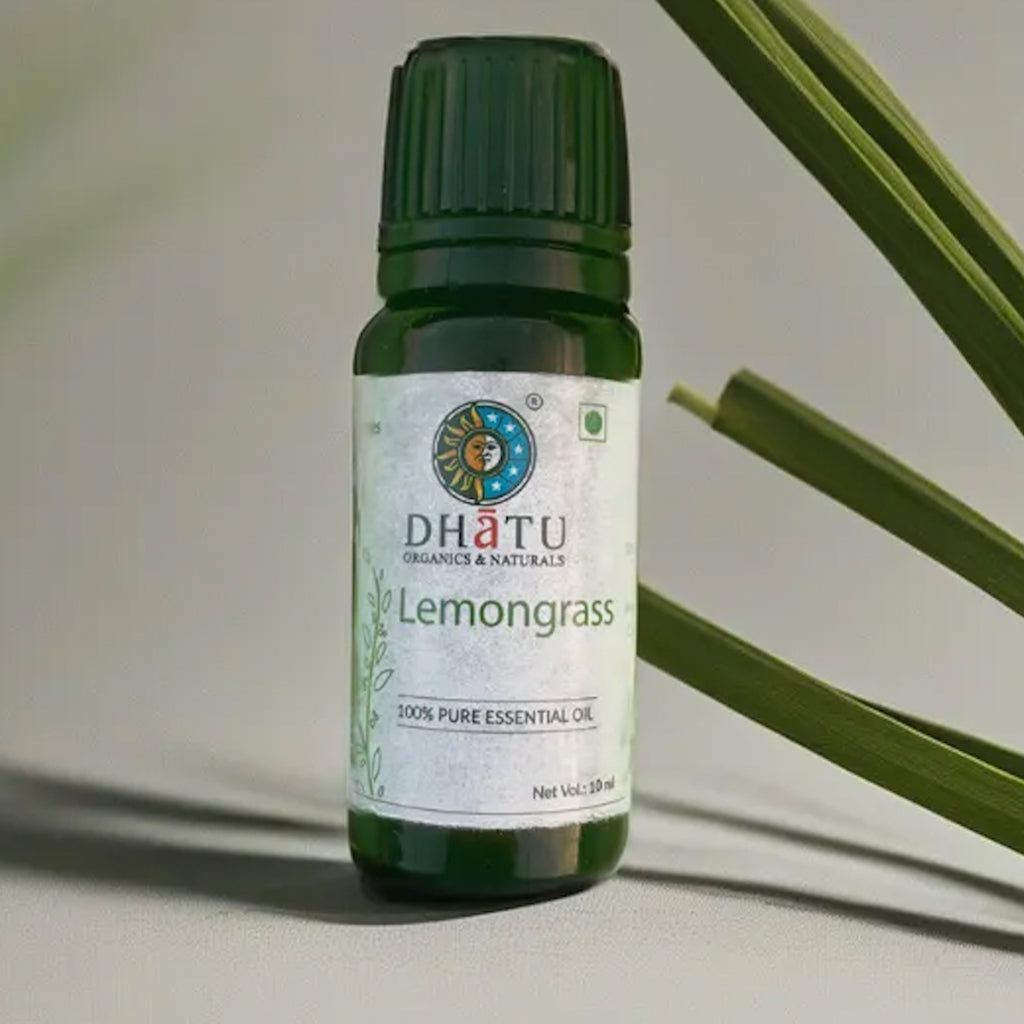Get Rid of Pests without Pesticides
We try to get rid of pests, but we don’t always ask ourselves: Why are there so many pests in the first place?
Pests are a sign of something wrong with the soil. One of the biggest problems today is the use of chemical fertilizers that deplete the ground from organic matter, pollute the soil, the rivers, the sea, and in turn, our bodies!
So the real question is: How do we increase the fertility of the soil to make the land more resilient to pests? This is mainly what Permaculture is about.
Here are some ways to increase soil fertility:
1- No Monoculture:
Common agriculture today practices monoculture. Which means they’ll strip a land bare, and plant for example only potatoes everywhere. While this might seem like the most efficient, profitable way, these corporations will soon have to use pesticides and other poisons to keep pests away. Why? Because planting just one variety in a vast space is so unatural and decreases dramatically the soil's immnunity!
If you observe a healthy, untouched nature, you will never see an infestation of pests; because when you have variety, some herbs, trees, plants, flowers to attract bees and other benefical insects, a balanced eco system naturally equipped to defend itself, you might get a couple of insects which will come eat a couple of leaves and that's okay! However, a negligeable number will make it through the confusion and obstacles of so many different elements (like different types of plants, climbers, flowers pest eating insects, ants, etc). Whereas on a field of potato with nothing else on it to confuse possible pests away, once one of them finds the potato field, an army of potato eating pests will follow, with no healthy and natural ecosystem to slow them down or stop them.
2- Cropping Patterns:
A balanced soil is a soil with the right proportions of potassium, phosphorous and nitrogen. Planting edible Nitrogen fixing plants like beans, peas, peanuts... will help balance the soil and make all the plants and trees around healthy and pest resistant!
3- Minimal Disturbance:
Mother Earth has made it this far and knows how to take care of herself. The best things we can do is let her be! However, if we have to do something, we should try to do something beneficial for all (like planting to feed the community, planting fruit trees that can feed generations in the years to come, or stopping the erosion by planting in places where trees have been removed) and with minimal disturbance (for example no heavy machinery or tractors that will compress the soil and cut out the oxygen supply to the organisms living in the soil and feeding your plants).
4- Mulching:
Mulching means adding organic material like green leaves, brown leaves, wood sticks, hay, etc ... around the plant to maintain moisture and stop the water from evaporating quickly in case of sunshine. This will also make the plant stronger and more resistant since it's getting the right amount of water whenever it needs it!
5- Animal Integration:
A healthy soil and a healthy planet means completing the natural cycle. It means that instead of using the straws to mulch the plants like we saw above, it would be even better to mulch with something else and give the straws to our neighbor who has a cow, and then we will use the cow's manure as the most natural fertilizer for our soil! Animal manure is the best kind of organic fertilizer for the soil.
Did you notice? Permaculture is not rocket science, it's about observing nature and learning from it!
Fun Fact: Chicken manure contains even higher levels of potassium, phosphorus and nitrogen than cattle, sheep or horse manure, and is the best kind of manure for soil fertility.
Fun Fact number 2: Ants are not pests and will not touch your plant! In fact, since they only eat grass seeds, they are the best weed eaters!

